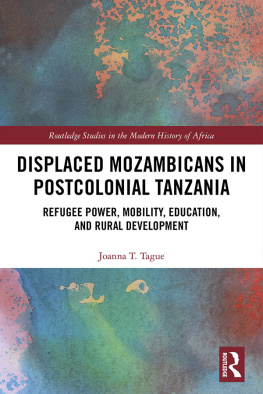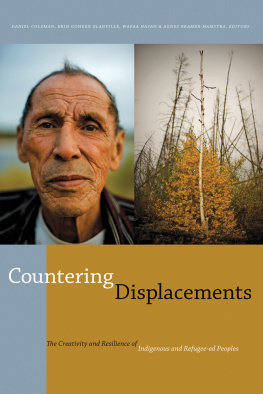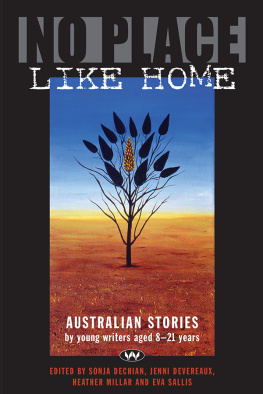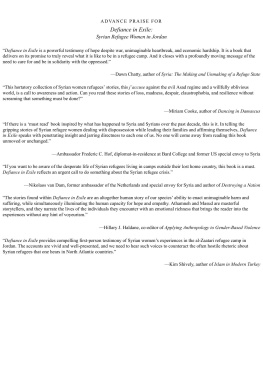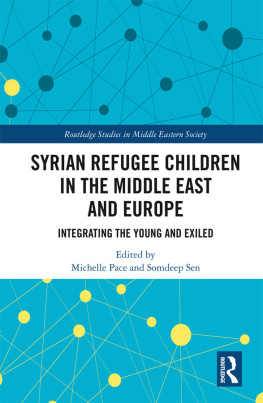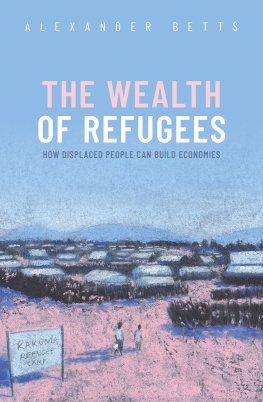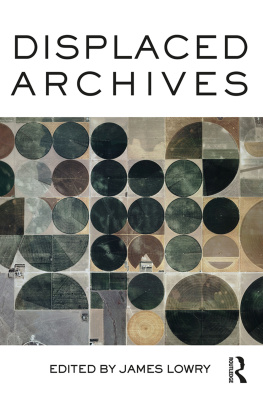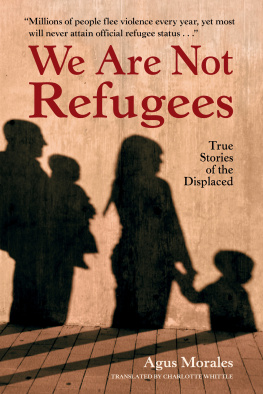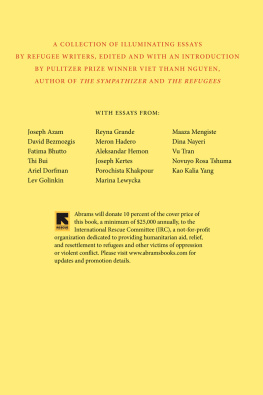Displaced Mozambicans in Postcolonial Tanzania
This book is the first study of displaced Mozambican men, women, and childrenfrom refugees and asylum seekers to liberation leaders, students, and migrant workersduring the war for independence from Portugal (19641974).
Throughout the war, two distinct communities of Mozambicans emerged. On the one hand, a minority of students and liberation leaders, congregated in Dar es Salaam and, on the other, the majority of Mozambicans, who settled in refugee camps. Joanna T. Tague attends to both these groups by juxtaposing the experiences of the two. Using a diverse range of archival materials and oral interviews, she argues that during decolonization the displaced acted as their own agents and strategized their own trajectories in exile. Compelling scholars to reconsider how governments, aid agencies, local citizens, and the displaced themselves defined, debated, and reconstituted what it meant to be a refugee in Africa during decolonization, this book ultimately shows how the state of being a refugee could be generative and productive, rather than simply debilitating and destructive.
Displaced Mozambicans in Postcolonial Tanzania will be invaluable for students and scholars of African and world contemporary history.
Joanna T. Tague is Assistant Professor in the Department of History at Denison University, Ohio, USA. Her research interests explore refugee settlement and international humanitarianism during African decolonization.
Routledge Studies in the Modern History of Africa
This series includes in-depth research on aspects of economic, political, cultural and social history of individual countries, as well as broad-reaching analyses of regional issues.
Themes include social and economic change, colonial experiences, independence movements, post-independence governments, globalisation in Africa, nationalism, gender histories, conflict, the Atlantic slave trade, the environment, health and medicine, ethnicity, urbanisation, and neo-colonialism and aid.
Forthcoming titles:
Colonialism on the Margins of Africa
Edited by Jan Zhok and Linda Piknerov
Power, Culture and Modernity in Nigeria
Beyond the Colony
Oluwatoyin Oduntan
African Testimony in the Movement for Congo Reform
The Burden of Proof
Robert Burroughs
Human Rights in Sierra Leone, 17872016
The Long Struggle from the Transatlantic Slave Trade to the Present
John Idriss Lahai
Miscegenation, Identity and Status in Colonial Africa
Intimate Colonial Encounters
Lawrence Mbogoni
Displaced Mozambicans in Postcolonial Tanzania
Refugee Power, Mobility, Education, and Rural Development
Joanna T. Tague
Displaced Mozambicans in Postcolonial Tanzania
Refugee Power, Mobility, Education, and Rural Development
Joanna T. Tague
First published 2019
by Routledge
2 Park Square, Milton Park, Abingdon, Oxon OX14 4RN
and by Routledge
52 Vanderbilt Avenue, New York, NY 10017
Routledge is an imprint of the Taylor & Francis Group, an informa business
2019 Joanna T. Tague
The right of Joanna T. Tague to be identified as author of this work has been asserted by her in accordance with sections 77 and 78 of the Copyright, Designs and Patents Act 1988.
All rights reserved. No part of this book may be reprinted or reproduced or utilized in any form or by any electronic, mechanical, or other means, now known or hereafter invented, including photocopying and recording, or in any information storage or retrieval system, without permission in writing from the publishers.
Trademark notice: Product or corporate names may be trademarks or registered trademarks, and are used only for identification and explanation without intent to infringe.
British Library Cataloguing-in-Publication Data
A catalogue record for this book is available from the British Library
Library of Congress Cataloging-in-Publication Data
Names: Tague, Joanna T., author.
Title: Displaced Mozambicans in postcolonial Tanzania : refugee power, mobility, education, and rural development / Joanna T. Tague.
Other titles: Routledge studies in the modern history of Africa.
Description: New York : Routledge, 2019. | Series: Routledge studies in the modern history of Africa | Includes bibliographical references and index.
Identifiers: LCCN 2018045220| ISBN 9781138618190 (hardback) | ISBN 9780429461293 (ebook) | ISBN 9780429866272 (epub) | ISBN 9780429866265 (mobipocket encrypted)
Subjects: LCSH: MozambiqueHistoryRevolution, 19641975Refugees. | RefugeesMozambique. | RefugeesTanzania. | MozambiquePolitics and governmentTo 1975.
Classification: LCC HV640.5.M85 T34 2019 | DDC 362.87809679096780904dc23
LC record available at https://lccn.loc.gov/2018045220
ISBN: 978-1-138-61819-0 (hbk)
ISBN: 978-0-429-46129-3 (ebk)
Typeset in Times New Roman
by Wearset Ltd, Boldon, Tyne and Wear
For Kyle, for every minute cancelled
Contents
I first began working on this topic in 2008 as a doctoral dissertation. In the years since, as I have lived with this project and watched it mature into a book manuscript, I have incurred substantial intellectual, professional, and personal debts. I am thankful to a range of people for their support and generosity over the years. First and foremost, to my mentor and dear friend, Benjamin N. Lawrance, who stewarded me through the challenges of graduate school and continues to compel me to question, to clarify, and to hone the art of writing. I have also benefitted enormously from the sage words and advice of Walter Hawthorne and Jim Brennan. I do not know many scholars fortunate to have found their people as early as I did in my career. Over the course of the past decade, Michael Panzer, Meredith Terretta, Christian Williams, Brett Shadle, and Jill Rosenthal have all shared so graciously their intellectual passions, insights, conundrums, and difficulties in the study of African Refugee History. Our engagements, collaborations, and friendships over the years impacted the tenor of this book deeply and I thank them for reading my work (including several chapters of this book), consistently offering constructive and insightful commentary. Michael Panzer especially has been my compatriot, reading my ranting writing with his ever-discerning eye and prompting questions that compel me to ponder the broad terminologies of mobility, education, and refugeeness. I am also indebted to Iris Berger, Corrie Decker, Liz McMahon, Tricia Redeker-Hepner, and Leslie Hadfield for their support and insights over the years.
At every institution I have called home, I have been extremely fortunate to have found myself in the midst of an inspiring, brilliant, and giving cohort of scholars. I consistently learned from and was intellectually challenged by friends and colleagues at the University of California, Davis: Marcus Filippello, Aliou Ly, Nate Carpenter, Baba Jallow, Kris Inman, and Chau Kelly. Since 2012, I have had the privilege to call Denison University, in Granville, Ohio, my institutional and intellectual home base. Colleagues in the History Department and across the college have lent unwavering support, inspiring me as both a scholar and teacher: Lauren Araiza, Adam Davis, Cathy Dollard, Trey Proctor, Mitchell Snay, Karen Spierling, Megan Threlkeld, Hollis Griffin, Yvonne-Marie Mokam, Diana Mafe, Omedi Ochiang, Susan Diduk, Jim Pletcher, and Joanna Grabski.

